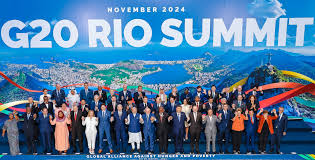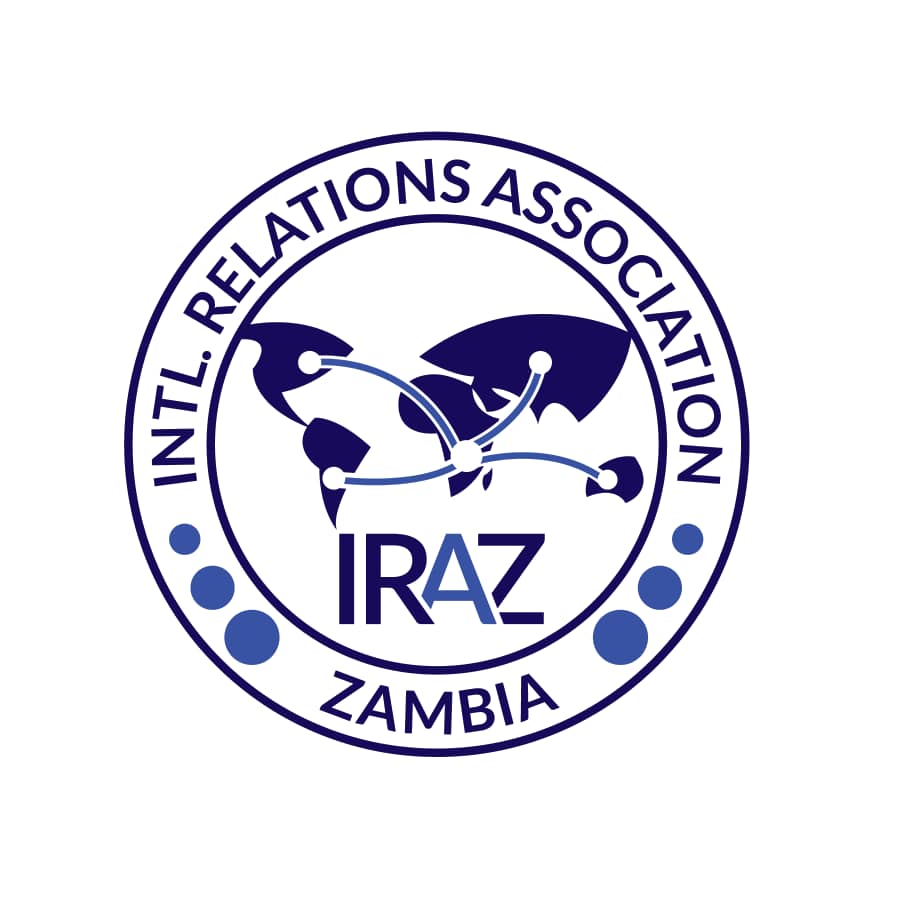
After 25 Years, Africa’s Voice Finally Joins the G20
For the first time in its history, the African Union (AU) has secured a seat at the G20, marking a significant milestone for African representation in global governance. The inclusion of Africa’s voice in this powerful forum took center stage at the recently concluded G20 Summit in Rio de Janeiro, Brazil.
The G20 leaders reached a consensus on a 22-page final declaration and communiqué that covered critical global issues, including peace in Ukraine, a ceasefire in Gaza, taxing the super-rich, the ethical use of artificial intelligence, gender
equality, health, poverty, climate action, and energy transition (Agostini, 2024). The summit’s theme, “Building a Just World and Sustainable Planet,” reflected its focus on addressing pressing global challenges with an inclusive and forward-looking agenda.
The Journey of the G20
Initially established as a meeting of finance ministers and central bank governors, the G20 evolved into a summit of heads of state and government in 2008 as a response to the global financial crisis (Balew, 2024). Over time, it has become a vital platform for discussing international economic cooperation, climate change, development, and global health.
This year, the African Union represented 1.5 billion Africans, a step observers like
Balew Demissie hope will help rectify Africa’s historical marginalization in international decision-making. The AU aims to bridge the gap between global policies and local realities, addressing critical issues such as poverty, underdevelopment, and climate vulnerability.
Key Agreements from the G20 Summit
The final declaration outlined several key areas of focus:
- Conflicts and Sovereignty
The G20 leaders emphasized that all states must refrain from using force to acquire territory or undermine the sovereignty of other nations.
- Taxing the Super-Rich
A commitment was made to ensure ultra-high-net-worth individuals are effectively taxed. Leaders endorsed the G20 Rio de Janeiro Ministerial Declaration on International Tax Cooperation while respecting fiscal sovereignty.
- Multilateralism
Acknowledging the challenges facing the global community, the G20 leaders reaffirmed their commitment to multilateral solutions and strengthening global governance for future generations.
- Artificial Intelligence (AI)
The summit addressed the responsible development and deployment of AI, emphasizing transparency, fairness, accountability, regulation, and data
protection.
- Gender Equality
The leaders committed to promoting gender equality by ensuring women’s meaningful participation in the economy and encouraging men and boys to share care responsibilities. They also pledged to challenge harmful gender norms.
- Climate Action and Energy Transition
The summit launched the Global Task Force for Climate Change Mobilization to enhance climate financing in developing countries. It also set an ambitious target to voluntarily reduce global land degradation by 50% by 2040.
- Combatting Poverty and Hunger
The Global Alliance Against Hunger and Poverty was established, promoting initiatives such as income transfers, school feeding programs, and microcredit access.
- Global Trade
The G20 leaders called for modernizing the World Trade Organization (WTO) to ensure fair competition and a level playing field.
- UN Security Council Reform
A commitment was made to transform the UN Security Council to make it more representative, inclusive, effective, and accountable, aligning it with the realities of the 21st century.
- Health Systems
The G20 highlighted the need for resilient health systems, sustainable financing, and equitable access to vaccines, diagnostics, and treatments, with particular attention to neglected diseases.
The African Union’s Role in the G20
The African Union’s inclusion in the G20 offers a platform to address Africa’s unique challenges and priorities. Observers hope the AU will leverage this opportunity to push for equitable global policies that address underdevelopment, hunger, and climate resilience.
This landmark inclusion is a step toward amplifying Africa’s voice in global governance, with the potential to shape a more inclusive, fair, and sustainable world
